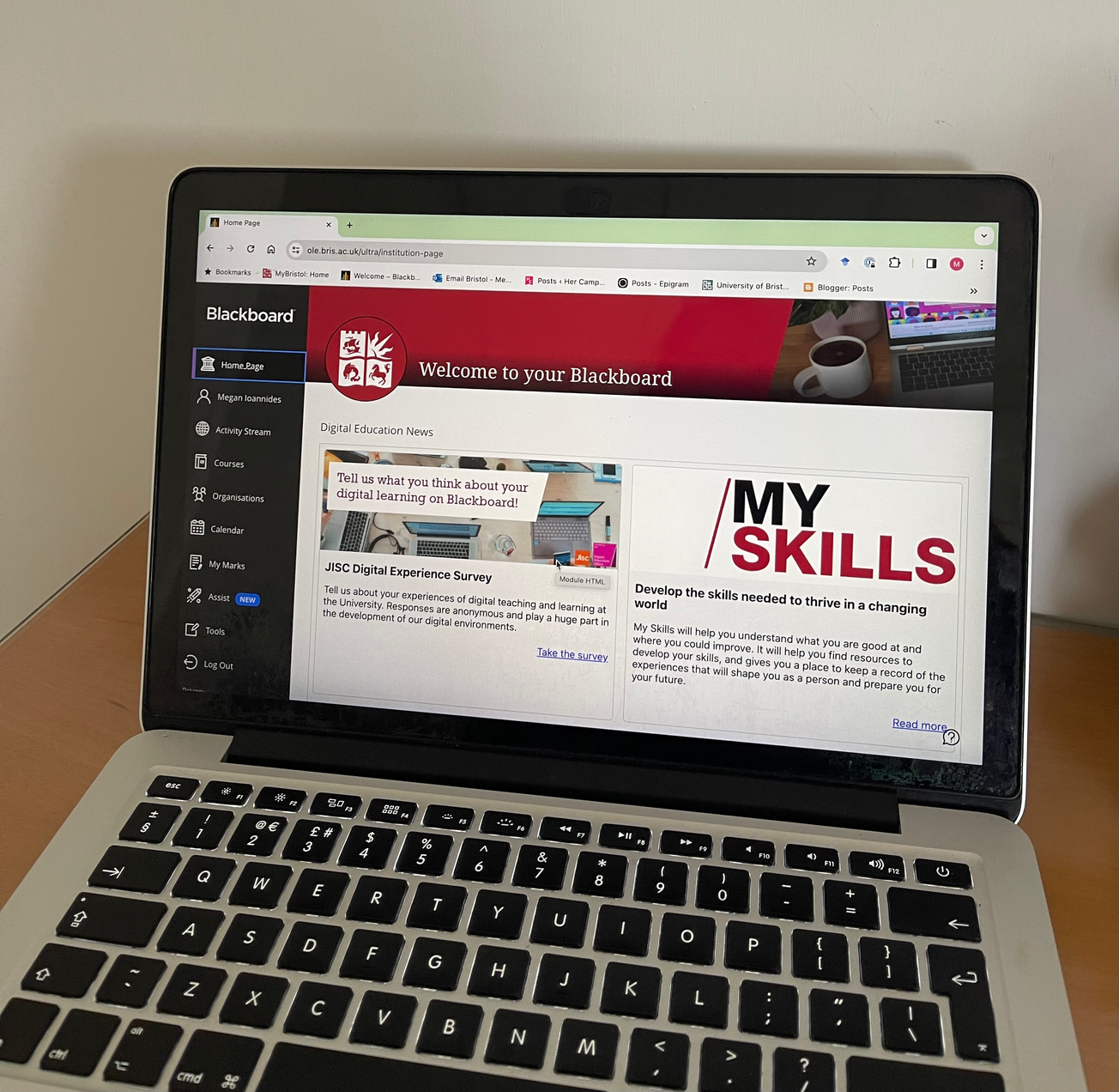By Noah Wheeler, Second Year, Politics and International Relations
Since the end of the COVID-19 era, we’ve all felt the lingering effects of the pandemic and accepted the notion of a "new normal". Perhaps the greatest change affecting students today is the massive shift towards online or virtual learning. Despite the supposed return to in-person teaching in 2021, the reality for many students remains a persistent cycle of staring at laptop screens rather than physically attending university. This shift may seem like a perfect way to increase the flexibility and ease of university, but in reality, it has only been detrimental to everything that attending university used to offer students.
Through discussions with many of my peers, especially in STEM-based degrees, it seems like hours of pre-recorded lecture videos every week have damaged rather than improved the quality of actual learning at university. These videos are often set in a huge bulk, week in and week out, making them near impossible to keep up with. This pure volume of learning creates a snowball effect of sorts, where students end up not going to in-person lectures in order to catch up. This effect was highlighted by one student who said, ‘For one of my topics, I’ve not learned a single thing in person.’
On top of this, the quality of the actual videos themselves can be far inferior to an in-person lecture, with content often not being updated since its original recording in 2020. The constant ability to stop and start these pre-recorded lectures also makes the learning a lot less engaging and significantly limits the ability to ask questions when a certain topic is challenging. All of this creates a lacklustre quality of education and raises questions about how universities can justify such hefty tuition fees for such little effort.
This detrimental impact on learning also leads to further issues outside the realm of teaching. In my eyes, the social aspect of attending lectures together, chatting between seminars and the general hustle and bustle of campus really defines the university experience and makes it more than just a soulless intake of new information. However, the rise in online video lectures diminishes it to exactly this, with students often not leaving their dingy flats all day in order to power through hours of videos.
As we all noticed throughout the pandemic, prolonged periods of staying at home and staring at a screen are not the best recipe for good mental health. In-person attendance also comes with easier access to much needed support services or even just a casual check in with a lecturer. With a worrying mental health crisis among university students already in full swing, will these changes not just worsen the situation?
While these online videos and how they are used undoubtedly have significant issues, complete abandonment is not the right solution. From discussions I’ve had with fellow students, it seems like these videos could become a useful tool for learning if used in the right way. The problem lies with the way lecturers use pre-recorded videos as a replacement for teaching rather than an aid. A more concise, reduced volume, and complementary approach to in-person lectures could help reduce the overwhelming content load and benefit students immensely.
At the end of the day, pre-recorded online lectures are not an inherently negative tool for universities to use. The way they are being used, however, reflects a growing laziness and systemic issue with university education as a whole. With students paying £9,250 a year for undergraduate degrees and even more for postgraduate degrees, a shift in attitude towards teaching is desperately needed throughout higher education. Whether this includes pre-recorded video lectures or not, the current system of university teaching post-pandemic, cannot continue.
Featured Image: Megan Ioannides
How do you feel about continued use of pre-recorded lectures? Let us know @epigrampaper









